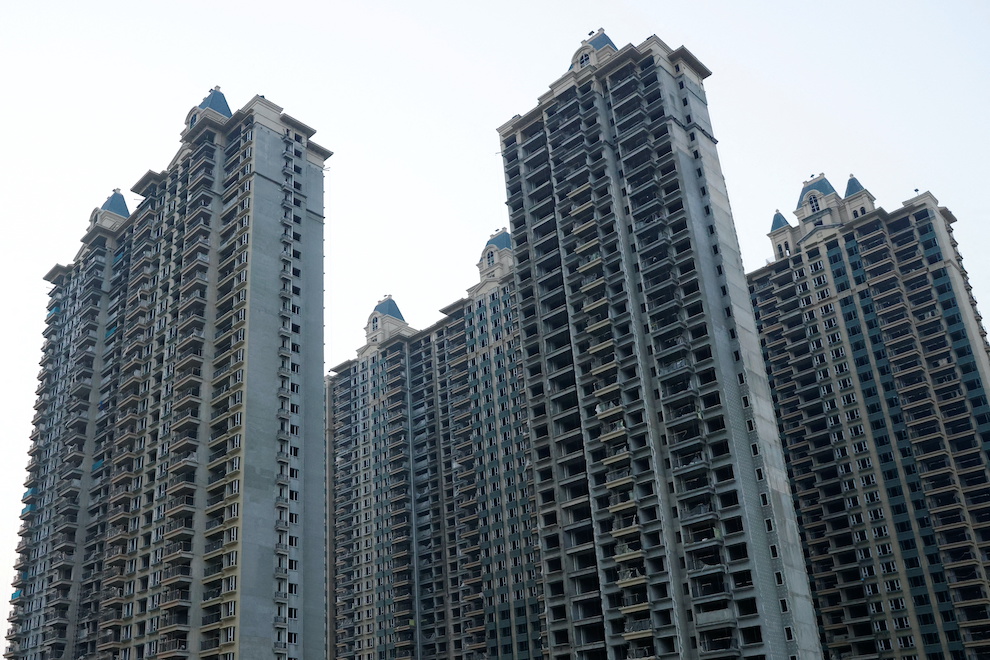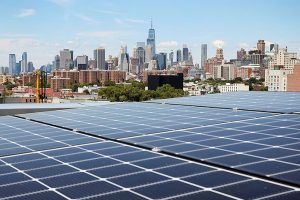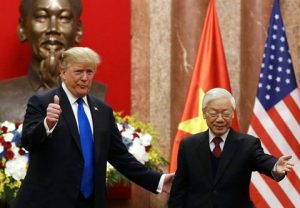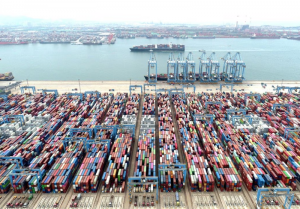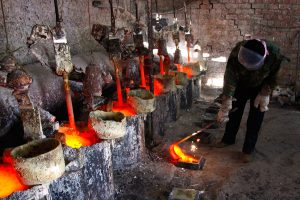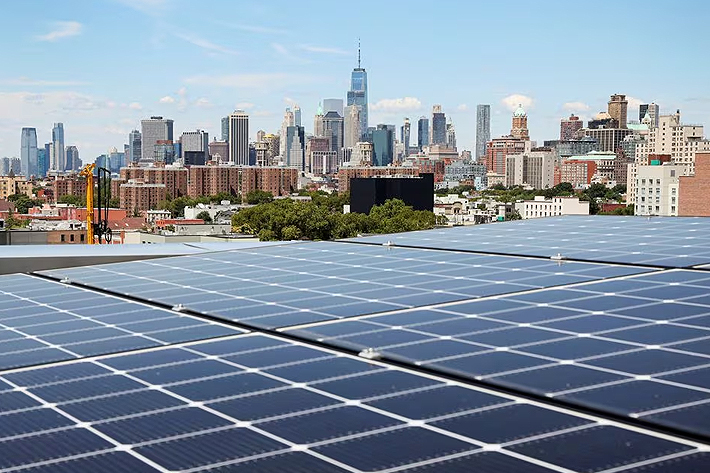China’s two biggest – and most debt-laden – private developers are battling to avoid collapse, thanks to a combined debt-load of close to half a trillion dollars.
Local media have reported that Country Garden, which has liabilities of about $192 billion, may announce a restructuring of its offshore debt soon.
Meanwhile, bondholders of China Evergrande, its troubled peer, which owes a staggering $329 billion, fear it faces liquidation because its debt plans are floundering.
Country Garden, which missed two dollar interest payments last month, has two coupons totalling $66.8 million coming due on Monday. Media outlet Cailianshe said the company may announce a restructuring soon.
ALSO SEE: China’s New Nuclear Submarines Seen as Tougher to Detect
Country Garden faces Oct 17 deadline
The developer declined to comment on the media report and whether it has made any payments.
Country Garden has $10.96 billion offshore bonds and 42.4 billion yuan ($5.8 billion) worth of loans not denominated in yuan. If it defaults, these debt will need to be restructured, and the company or its assets also risk liquidation by creditors.
The coupons due on Monday are tied to Country Garden’s 6.5% April 2024 and 7.25% April 2026 bonds. The payments have a 30-day grace period, but the developer faces a big test later this month, when its entire offshore debt could be deemed in default if it fails to pay a $15 million September coupon by October 17.
China’s property sector has been hit by a debt crisis since 2021. Companies accounting for 40% of Chinese home sales – mostly private property developers – have defaulted on debt obligations, leaving many homes unfinished.
More than two years on, the crisis has deepened as confidence in both housing and capital markets dried up, further squeezing developers’ liquidity.
Evergrande bondholders ‘surprised’ debt plan failed
A key bondholder group of Evergrande said in a statement on Monday it was surprised by Evergrande’s recent announcement that its offshore debt restructuring plan failed to meet regulatory requirements.
Evergrande, which is at the centre of China’s debt crisis, said late last month that its billionaire founder was being investigated over unspecified crimes. It has also said it was unable to issue new debt – a crucial step in a restructuring – due to an ongoing investigation of its main unit.
The bondholder group said it had not been given any documents or filings from Evergrande despite repeated requests, and it urged the developer to seek a resolution from regulators to allow the restructuring to proceed.
“This is the only way the cloud of uncertainty surrounding the regulatory issues can be resolved,” it said. “Until then, the base case is that China Evergrande Group will be liquidated at the next winding up hearing on October 30, 2023.”
Evergrande did not respond to a request for comment.
Will Beijing help Evergrande avoid a messy end?
Some market participants are now betting on authorities stepping in to manage the fallout, as a messy collapse of Evergrande could rip through the already-sputtering economy. The property giant has hundreds of thousands of unfinished homes across the country and over $300 billion worth of liabilities at home in China alone.
Beijing has rolled out a range of support measures in recent months to revive the sector, which makes up about a quarter of the world’s second-largest economy.
Some analysts, however, say more measures are needed.
In a research note on Friday, UBS said property sales growth in major cities likely stayed weak in September, suggesting a limited rebound of sales despite more supportive measures to ease the property crisis.
Golden Week sales down 17%
China’s average daily home sales based on floor area during the Golden Week holiday were down 17% from a year ago, according to China Index Academy on Saturday.
The market is closely watching whether Country Garden can manage to dodge default again by making payments at the last minute.
In September, Country Garden won approval from its onshore creditors to extend yuan bond payments, and in the same month made coupon payments on the offshore markets in the last hours of end of a grace period.
But the developer has not yet paid a $15-million coupon due September 17 and another $40-million coupon due on September 27, both of which have 30-day grace periods.
Shares in Country Garden fell more than 6% on Monday, while Evergrande Group shares tumbled 11%, compared to a 1.9% fall in the Hang Seng Mainland Properties Index.
Shares of unit China Evergrande New Energy Vehicle Group were volatile after it said on Sunday a share sale plan with US-listed NWTN had been halted amid “significant uncertainties” tied to Evergrande group.
The stock, which had been suspended since September 28, traded between a 10% fall and a 9% gain.
- Reuters with additional editing by Jim Pollard
NOTE: There were minor edits to this report on October 9, 2023.
ALSO SEE:
Beijing Seen Taking Over China Evergrande’s Debt Revamp
China Evergrande Chairman ‘Suspected of Crimes’, Company Says
Hui Ka Yan and The Rise and Fall of China Evergrande
China Evergrande Files Claim in US Court to Protect Its Assets
The Pledge That Brought Country Garden to the Brink of Default




